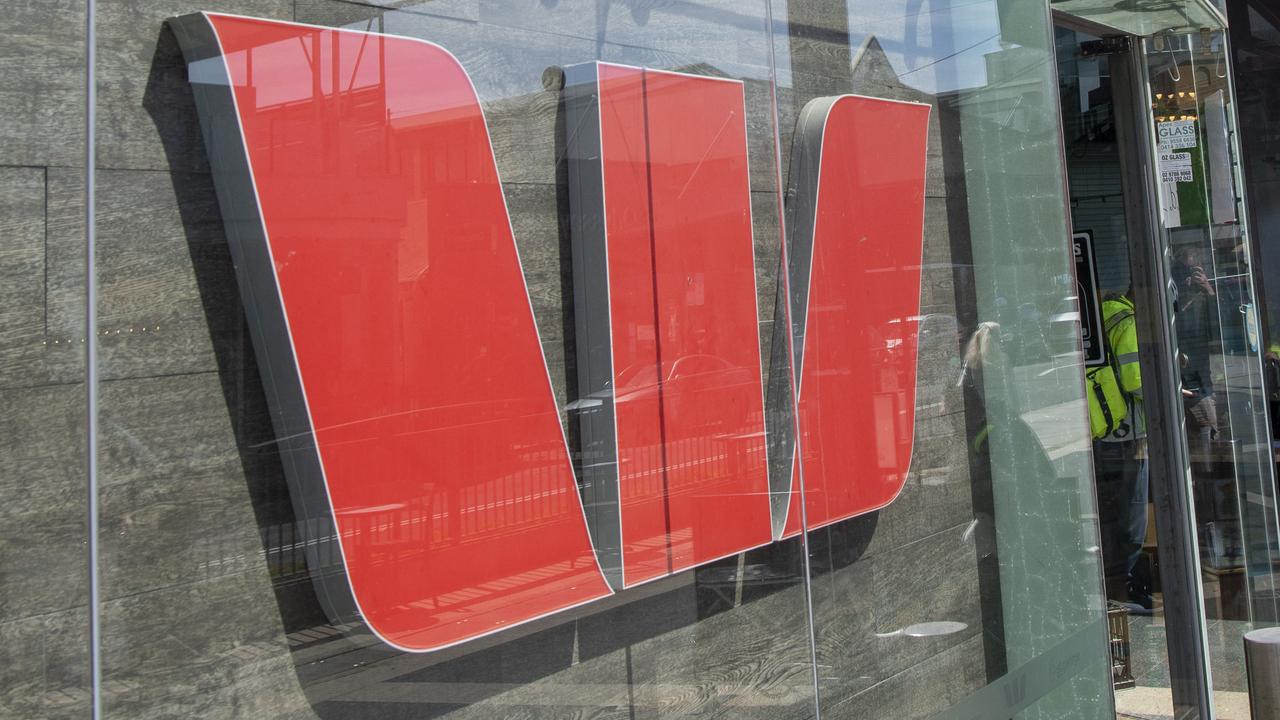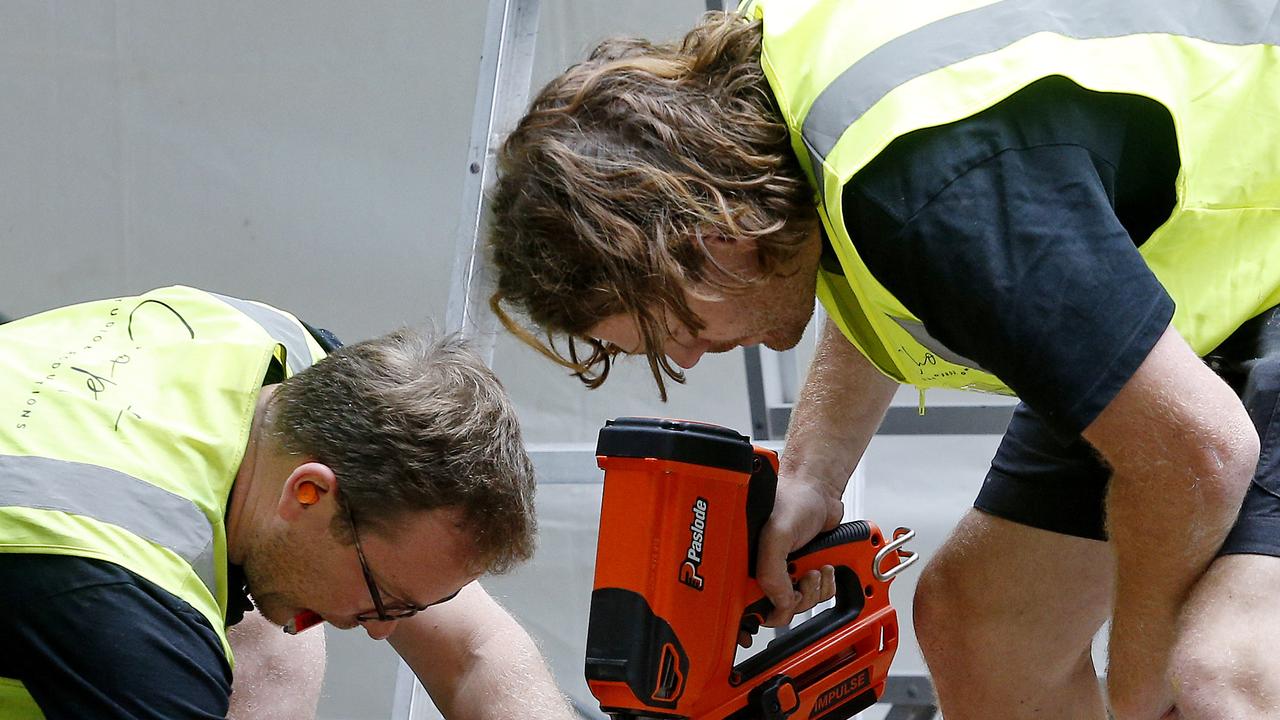University graduates share their stories about failing to find work
UNIVERSITY graduates struggling to get work have told story after a story about how worthless their degrees have become.
STORIES of university graduates struggling to get work despite their qualifications have poured in to news.com.au following a story about how worthless degrees were becoming.
On Monday, Group of Eight chief executive Vicki Thomson spoke about how the university system was now pumping out graduates with “broken dreams and a large student debt”.
“Personally we all know the barista or bartender, with an honours in law,” Ms Thomson said.
“The young guy serving in Officeworks who is a mining engineer; the young woman in the bakery with two degrees in the marketing space. None of us are happy with those outcomes.”
Ms Thomson also noted that the value of vocational study had also been eroded, with people forced to consider going to university “or be labelled a failure”.
There was a huge response to her comments with many sharing their stories on Facebook and in the comments section at news.com.au.
One commenter named Harry posted on Facebook: “I wasted three years at uni and I can’t get into my dream job. I could have been earning more as a tradie or PT. I’m doing extra studies now and I don’t know if I’m wasting my time.”
Another named Nicole said: “I have a degree in education and didn’t realise that there were no jobs until the end of my third year of study. I decided not to compete with the 150 people applying for each teaching position in Australia, instead I have taken teaching positions at international schools in Asia.”
Celia said: “When I started my nursing degree there was a huge demand for nurses due to an ageing workforce, within three years there were hardly any jobs due to things like the financial crisis and the state government making changes. Things happen beyond your control. I was lucky enough to get a job but I had to move out west for it.”

While Tiffany said: “I thought I was being smart by talking to a careers counsellor and going to uni open days to ensure I was studying a course that would give me a career, but nine months after graduating I’m still in a casual retail job. I was better off financially before I went to study. It was only after a graduated the uni said jobs in my field were hard to get and I should have been doing volunteer work and extra work to get a job :-(“
Other commenters pointed out that those without degrees were also doing it tough.
“A growing problem is that employers are expecting a degree for entry level jobs,” one person posted online. “This results in a lot of people feeling they have no choice but to get a degree so as they can at least get their foot in the door. For example: I work at a financial institution that now insists on having a graduate for entry level administration roles — to add salt to the wound they also pay the graduates a lower salary. The fact is the younger generation are stuffed either way: they get a degree, a huge debt and a minimum wage job or no degree, less debt and their resume ignored.”
Another commenter said: “I was searching for full time work for three years, but all I managed to finally get is a casual role in retail. I am grateful that I have something, but it’s not exactly my desired job. The majority of employers rejected me because I didn’t have enough experience ... I actually feel forced to get a degree because no one will look at me otherwise. Very difficult in the job market, and I actually worry about being able to find something fulltime ever again.”
EMPLOYERS LOOKING FOR MORE
Hays Queensland managing director Darren Buchanan said he thought employers were getting more picky when analysing job applicants for jobs, even for ones that traditionally didn’t require a degree such as administration roles.
“But they are looking for people with a broader skill set rather than a degree,” he told news.com.au.
“They are looking for social media experience like Twitter, LinkedIn, Facebook and to see if they are familiar with more packages so they can do payroll or marketing.”
But the fact that more people had degrees meant employers could use it to make hiring decisions.
“I’m also seeing them looking for TAFE training or other education beyond year 12 because those candidates are seen by employers as willing to better themselves, wanting to enhance their skill set or knowledge,” he said.
“However, I think there are still so many industries that value practical experience just as highly, if not more highly than education.”
He said these include construction, property management or property sales, sales in general and procurement.
When asked whether even those applying for junior office administration positions were now expected to have degrees, Mr Buchanan said it was possible but the criteria was probably broader than that.
“I think in that sector what’s more important is experience, enthusiasm and cultural fit,” he said.
“If all that was equal then having a degree could edge it.”
The other potential issue was whether a person with a degree would hang around.
“I don’t see a major swing towards people in admin erring towards degrees, I see it happening but I think other factors are more important.

“Some employers look for a degree but others see a degree as (indicating) someone won’t want to stay in that role.”
To give yourself the best chance of getting a job, Mr Buchanan said people should think about whether they were a practical person, or more academic.
“If studying for three or four years fills you with dread or you struggle with exams, then maybe the practical side would be the best way to go,” he said.
“If you are very academic and can handle the workload, you’re good with numbers and theories, then study is way to go.”
While some people were good at both, for others it was about pursuing the path that would give them the best chance to excel.
“Taking a practical path may need more searching or digging to find a role to give you that experience, but if you are determined enough you will find it,” he said.
Another type of experience that was often overlooked was the value of travelling.
“Travelling experience is highly valued as it demonstrates a high level of independence, problem solving, organisation and autonomy,” Mr Buchanan said. “It broadens the mind and provides the most valuable experience of all, which is life experience,” he said.
If people have worked overseas that’s even better as Mr Buchanan said it showed employers that the person was able to go to a familiar place, navigate the requirements of finding themselves a job in a foreign country and find a role.
“It demonstrates the willingness to find a job, to work, to try new things and learn.”




